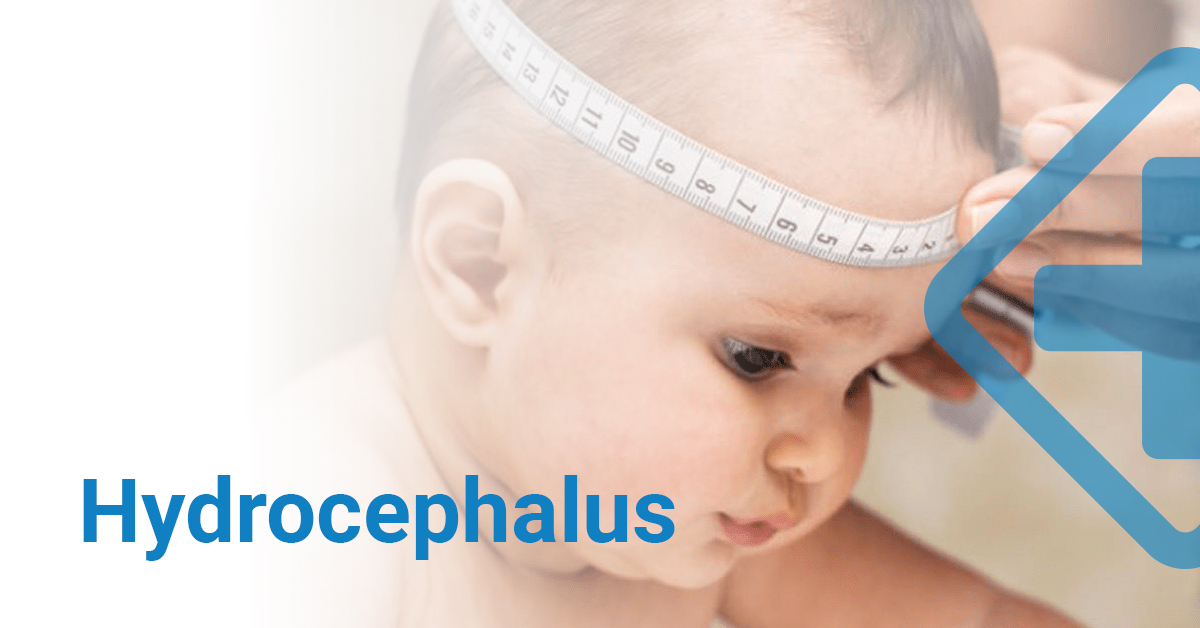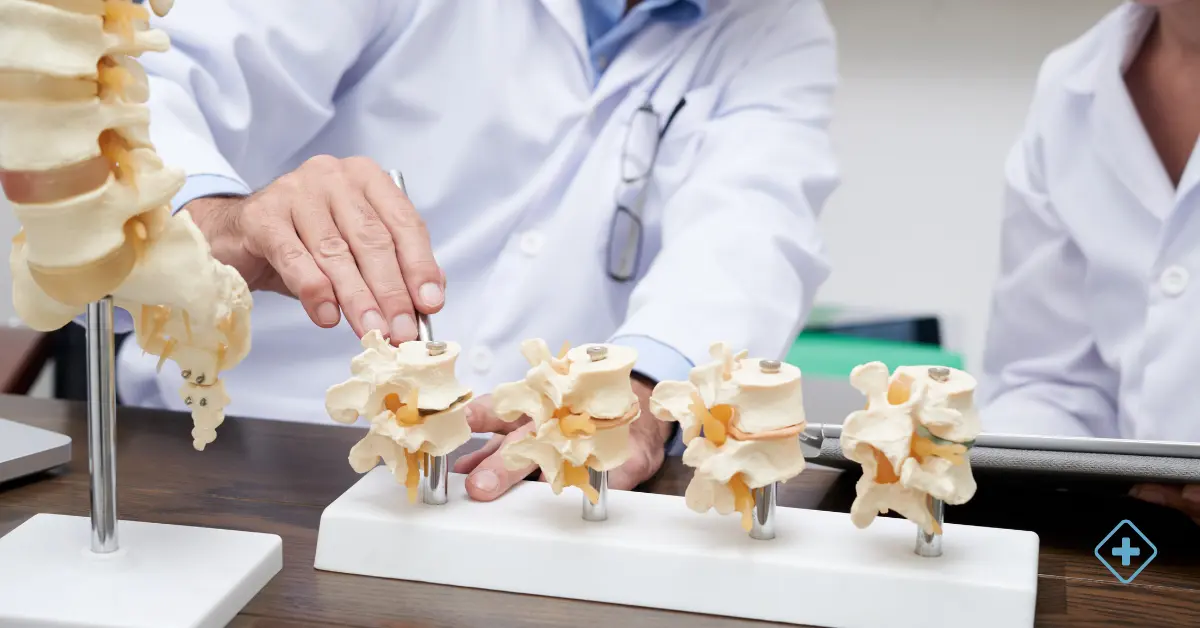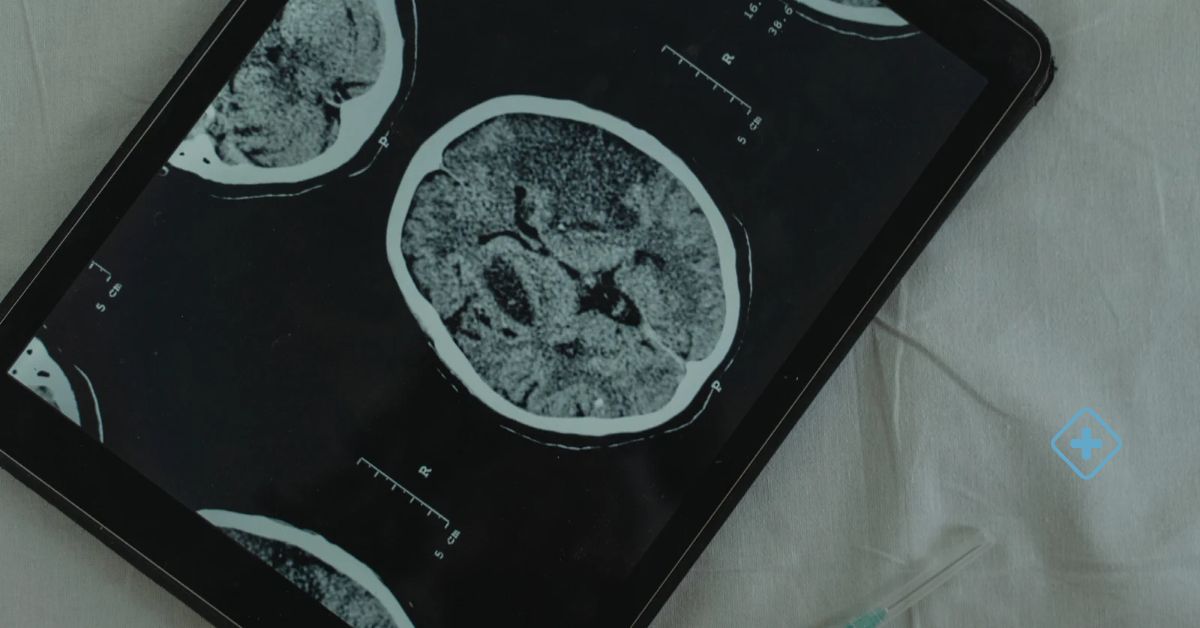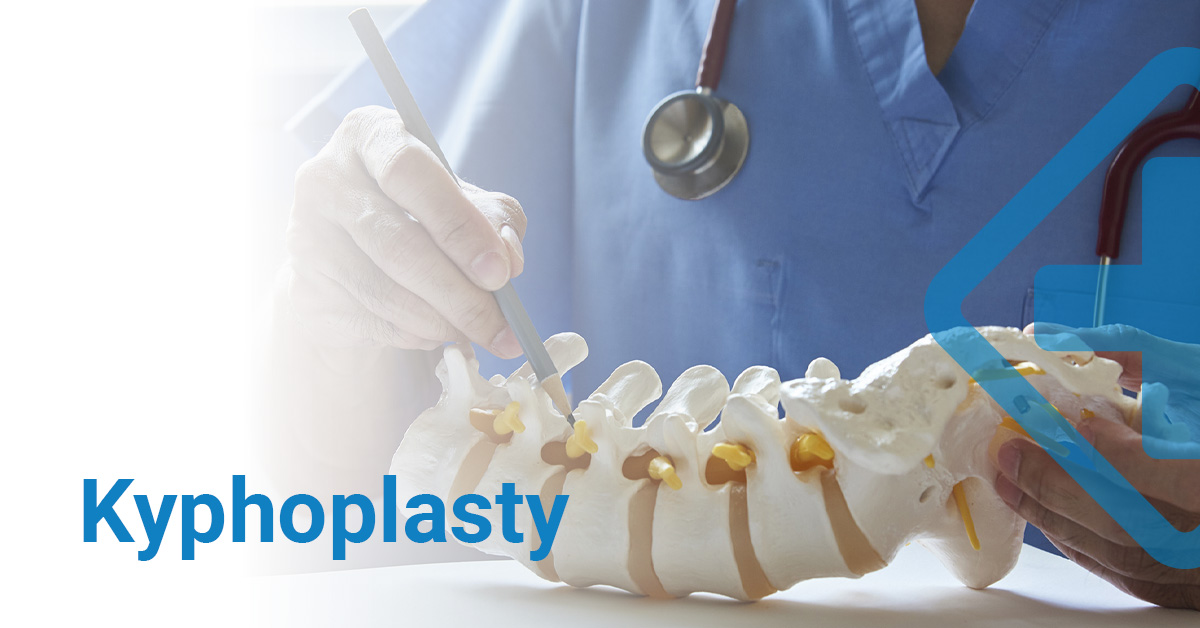
Hydrocephalus
Causes, Symptoms, Diagnosis and Treatment. Schedule your Appointment Today.

Hydrocephalus is the accumulation of cerebrospinal fluid within the brain. Too much fluid increases the size of the ventricles and puts pressure on the brain.
The pressure of an excessive cerebrospinal fluid formed by hydrocephalus can damage brain tissues and lead to various brain function problems.
Hydrocephalus usually occurs in babies and adults 60 years of age or older. It is necessary to go to various therapies to be able to control the signs and symptoms.
Surgical treatment for hydrocephalus can restore cerebrospinal fluid levels in the brain and keep them regular. In general, a variety of therapies are required to control the symptoms of functional impairments caused by hydrocephalus.
Causes
Hydrocephalus is caused by an inequality between the cerebrospinal fluid generated and the amount absorbed into the bloodstream.
-
Genetic defects
-
Certain infections during pregnancy
-
Injury or trauma
-
Diseases that damage the central nervous system
-
Intracerebral bleeding during or after the delivery
-
Injuries before, during, or after delivery
-
Tumors of the central nervous system
Symptoms
Depending on the age of appearance, it will be the signs and symptoms that the patient presents.
Babies
-
Rapid growth in head size
-
Poor growth
-
Convulsions
-
Deficiency in muscle tone and strength
-
Head size is larger than usual
-
Irritability
-
Bad nutrition
-
Downward Facing Eye, Also Known As Sunset
-
Sensory problems
-
Drowsiness
-
Have a more inflamed or tight spot on the top of the head
-
Threw up
Children
-
Changes in personality
-
Convulsions
-
Head size is larger than usual
-
Headache
-
Urinary incontinence
-
Irritability
-
Downward Facing Eye, Also Known As Sunset
-
Loss of appetite
-
Trouble walking or talking
-
Balance problems
-
Coordination problems
-
Drowsiness
-
Double or blurred vision
-
Threw up
Adults
-
Headache
-
Lethargy
-
Balance problems
-
Coordination problems
-
Urinary incontinence
-
Vision problems
-
Memory and concentration problems
Older adults (60 years or older)
-
Loss of memory and concentration
-
Urinary incontinence
-
Walking problems
-
Balance problems
-
Coordination problems
Risk factor's
-
Congenital disability
-
Central nervous system development problems, obstructing the flow of cerebrospinal fluid
-
Bleeding within the ventricles
-
Infection in the uterus during pregnancy
-
Brain and spinal cord injury
-
Central nervous system infections
-
Bleeding in the brain, caused by a stroke or head injury
-
Other injuries to the brain
Diagnosis of Hydrocephalus
The Neurosurgeon or Pediatric Neurosurgeon will perform a physical, neurological exam and ask questions related to your symptoms, lifestyle, and medical history.
We group some of the possible tests that the Neurosurgeon or Pediatric Neurosurgeon could perform:
Treatment of Hydrocephalus
Common treatment options include:
-
A bypass; is the most common treatment; the surgical insertion of a drainage system is performed. Patients suffering from hydrocephalus require regular monitoring and may need a lifelong shunt system.
-
Endoscopic third ventriculostomy; fluid is drained through a small opening in the third ventricle
Living with Hydrocephalus
When being diagnosed with Hydrocephalus, it is crucial to follow the treatment provided by the Neurosurgeon or Pediatric Neurosurgeon.
Children with this disease need special care, visit visits, and follow up for more tests, procedures, and surgeries if necessary.
Parents must learn about Hydrocephalus. It participates in its treatment, education, and care, ensuring that their child adapts to their disease and can lead a healthy life.
Children and adults are encouraged to attend support groups or see a mental health specialist.
¿When do you have to see a doctor?
Make your appointment with the Neurosurgeon or Pediatric Neurosurgeon to present any of the mentioned symptoms or to detect another abnormal sign.
When consulting your doctor, we recommend keeping a record of your pain with a detailed description of the symptoms, duration, and what you think triggered them. Also, mention any medications you are taking.
BlueNetHospitals - Hospital Los Cabos
BlueNet Hospitals

Lower Back Pain
The treatment of lower back pain depends on the underlying cause and the severity of the pain and requires the intervention of a traumatology specialist or a neurosurgeon's diagnosis.
Lumbar Spinal Stenosis
Lumbar spinal stenosis occurs when there is a narrowing of the space within the spinal column.
Cerebral stroke
A stroke, is a medical condition that occurs when blood flow to the brain is suddenly interrupted.
Kyphoplasty
Before, During and After Surgery. Schedule your Appointment
- Do You Need an Appointment with a Specialist?
- call us
- write us
- let's talk





